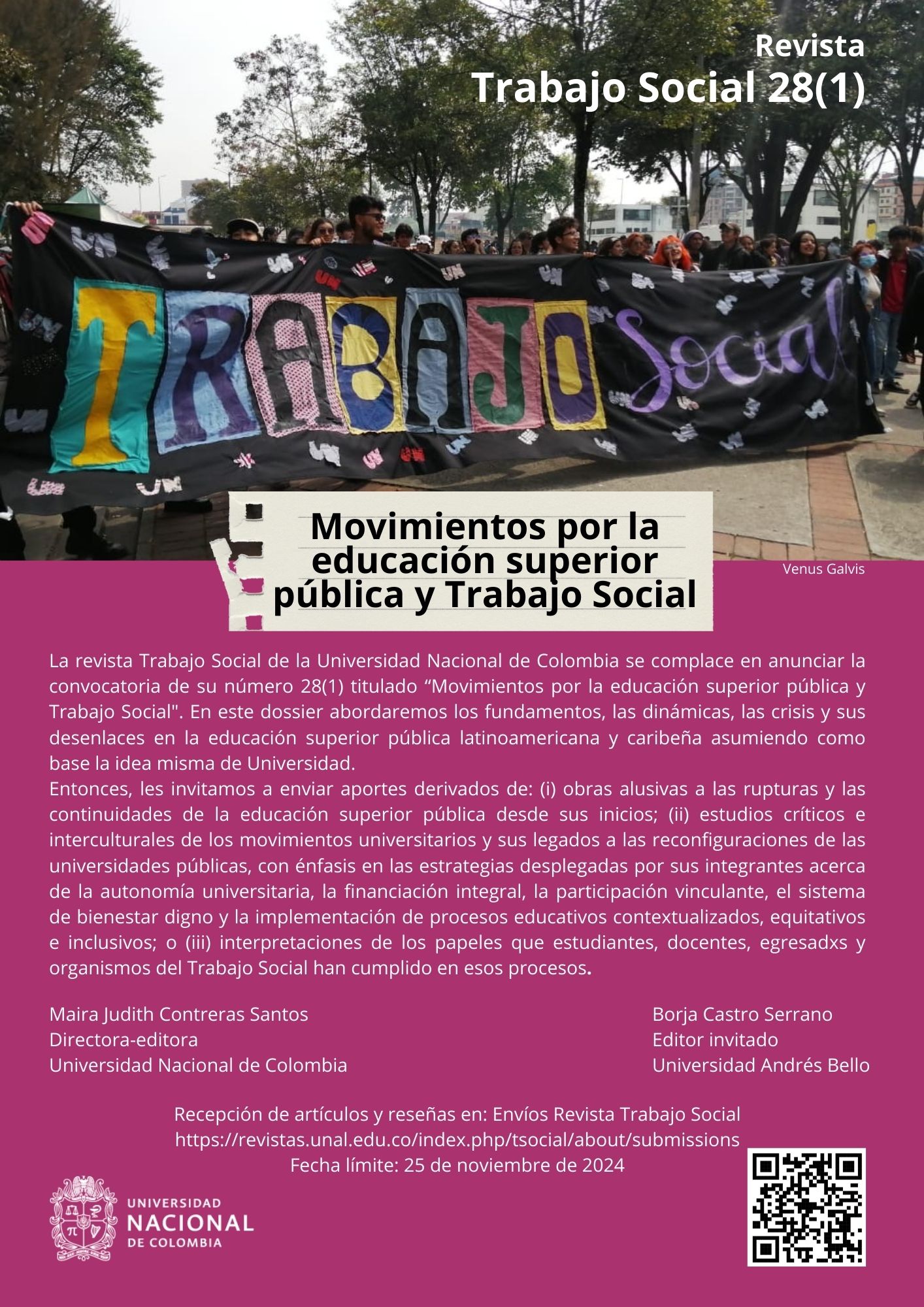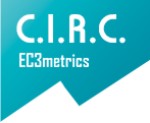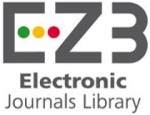Submissions
Submission Preparation Checklist
As part of the submission process, authors are required to check off their submission's compliance with all of the following items, and submissions may be returned to authors that do not adhere to these guidelines.- The total length of the document must be between 20,000 and 30,000 characters, including the duly cited bibliography; in 12-point Times New Roman font with 1.5 line spacing.
- Os artigos de pesquisa devem ter um resumo científico de no máximo 200 palavras e 6 palavras-chave. Esses dados devem ser enviados nos três idiomas em que a revista publica: espanhol, inglês e português.
- For the information of authors, an individual document must be submitted specifying the academic profile, pen name, academic background, institutional affiliation and current position, country, current research projects, email address, and ORCID registration. Articles with no more than two authors will be accepted.
- The text must adhere to the citation and style standards indicated in the Guidelines for authors.
- Ensure that the manuscript has not been previously published or submitted to another journal.
- The file must be in Word format (.doc) without author information.
- The graphic component must be your own work or have written authorization from the author. They must be submitted individually and meet the resolution requirements.
Section Policies
Artículos / Dossier
Artículos de estudiantes de pregrado de la Universidad Nacional
En esta sección se publican resúmenes de trabajos de grado, ensayos e informes de las prácticas académicas eelaborados por estudiantes de pregrado de Trabajo Social de la Universidad Nacional de Colombia
Copyright Notice
Upon notification of the publication of the article, the author or authors will be asked to fill out the declaration of originality and compliance with ethical principles. The author or authors thus grant property rights to the journal, but preserve the moral rights over the publication. The dissemination and commercialization of the contents do not result in economic profits for either of the parties.
Trabajo Social is published under a Creative Commons license (https://creativecommons.org/licenses/by-nc-nd/4.0/). Journal articles are available on line at: www.revtrabajosocial.unal.edu.co, and they may be reproduced or copied according to the conditions of said license.
On the other hand, the journal cannot be held responsible for the contents of the articles or the affirmations of the authors, given that each publication's perspective for analysis might disagree with other opinions. The contents and perspectives of the articles cannot be considered to represent the University's institutional views or those of the journal.
Personal Data Processing Policy
The names and e-mail addresses entered in this journal will be used exclusively for the purposes stated by this journal and will not be made available to any other purpose or person.


























